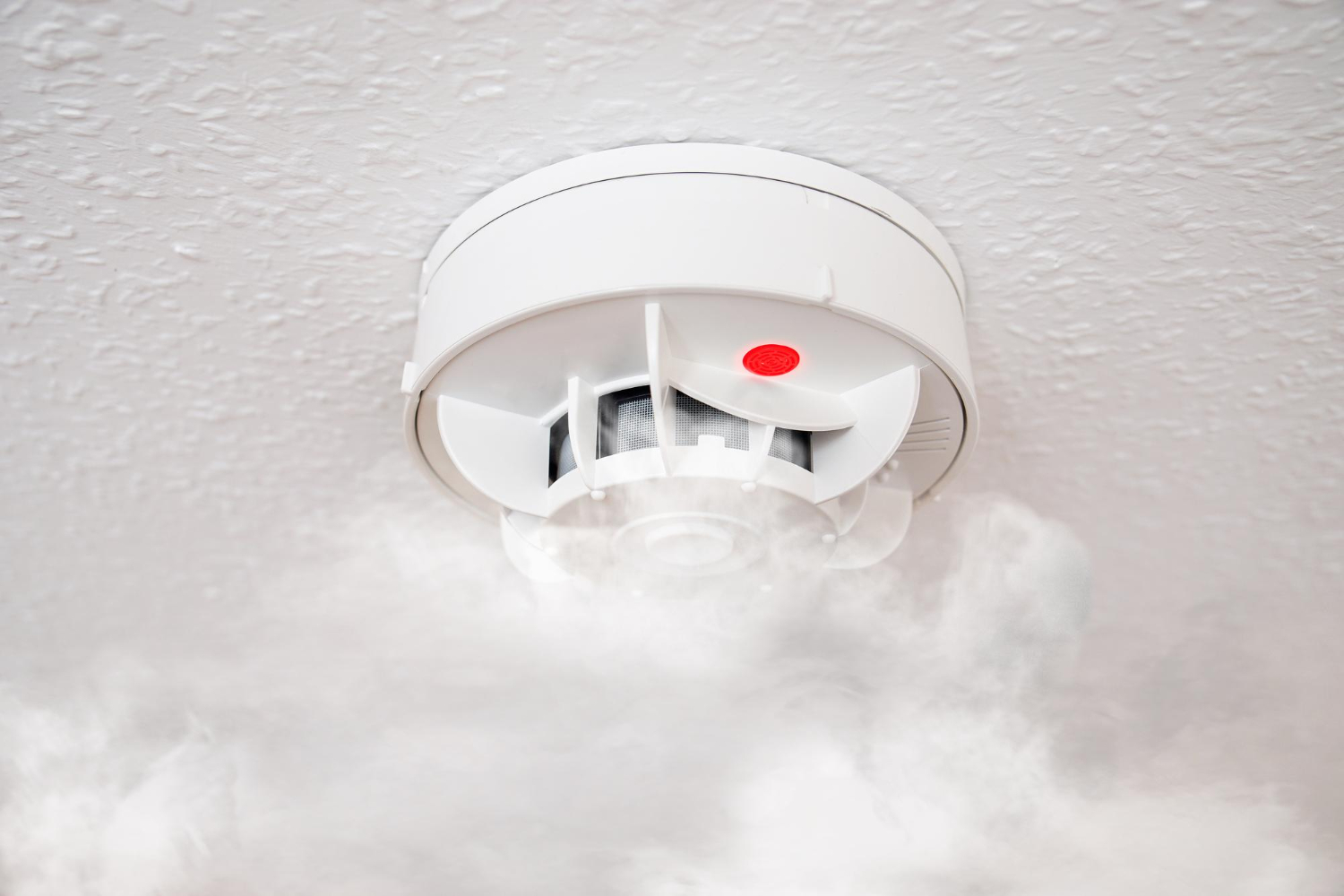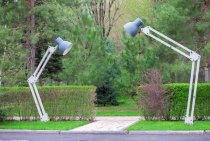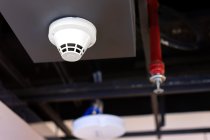How Many Smoke Detectors Do You Really Need? (Hint: Probably More Than You Think)

October 02, 2025
How Many Smoke Detectors Do You Really Need? (Hint: Probably More Than You Think)
When it comes to home safety, smoke detectors are one of the most important devices you can have. They are your first line of defense against fire-related injuries or property damage, giving you valuable time to act quickly in an emergency. Many homeowners assume that one or two smoke detectors are enough, but the truth is that most households are underprotected. Fire experts, electricians in Nassau, and safety organizations all agree that the number of detectors you need depends on the size and layout of your home. To make sure you and your family are safe, it’s important to know how many smoke detectors you really need and where to place them.
In this blog post, our professionals from Neighborhood Electric will walk you through the guidelines, safety standards, and the role of professional smoke detector installation to help you make the right choices for your home.
Understanding the Importance of Placement
Smoke detectors aren’t just about quantity, they’re about location. Even if you install multiple devices, they won’t be effective unless they’re placed in the right spots. Electricians recommend installing smoke detectors on every level of your home, including basements and attics that are used for storage or living. Detectors should be mounted high on walls or ceilings since smoke rises, and they should never be placed too close to windows, vents, or fans that can interfere with detection. Trusted electrical service providers can help ensure that your detectors are strategically installed for maximum effectiveness.
The Recommended Number of Smoke Detectors
So, how many smoke detectors do you really need? According to the National Fire Protection Association (NFPA), you should have at least one smoke detector in every bedroom, outside each sleeping area, and on every level of your home. That means if you live in a two-story house with three bedrooms, you’ll need a minimum of five detectors. Larger homes or homes with long hallways may require even more. Many homeowners underestimate this number, but when it comes to fire safety, more coverage is always better than less. A qualified electrician can assess your home and recommend the exact number of detectors required for your layout.
Hardwired vs. Battery-Powered Detectors
Another key decision is whether to use battery-powered smoke detectors or opt for hardwired versions. While battery-powered detectors are easier to install, they require regular maintenance and battery changes. Hardwired smoke detectors, on the other hand, are connected directly to your home’s electrical system and often come with a battery backup for added safety. These models provide a more reliable warning system, especially when installed by professional electricians. If you’re unsure which type is best for your home, an electrical service provider can guide you in choosing the right option and handle the installation safely.
The Benefits of Professional Smoke Detector Installation
While some homeowners may attempt a DIY approach, professional smoke detector installation offers many advantages. Electricians make sure that each detector is wired correctly, positioned properly, and tested for functionality. They also make sure your detectors meet building codes and safety regulations. Beyond smoke detectors, electricians can integrate your alarm system with other smart home devices, giving you real-time alerts through your phone or home security system. This level of protection is hard to achieve without the expertise of a trained professional.
Common Mistakes Homeowners Make
Even with good intentions, many homeowners make mistakes when installing smoke detectors. One common error is installing too few devices, assuming that a single detector near the kitchen or hallway is enough. Others may place detectors in the wrong areas, such as too close to a stove, leading to frequent false alarms that cause frustration. Some people also neglect regular maintenance, like testing devices monthly or replacing units every 10 years. Working with electricians who specialize in electrical service can help you avoid these mistakes and maintain a reliable fire safety system.
Need a Reliable Company?
Are you in need of an electrician? Luckily, we at Neighborhood Electric have dedicated workers ready at your service. Contact our representatives for more questions.








